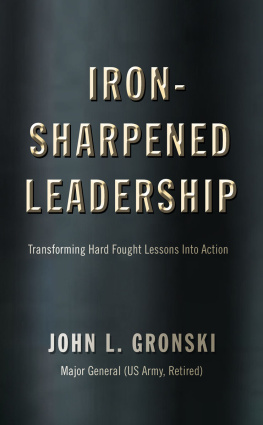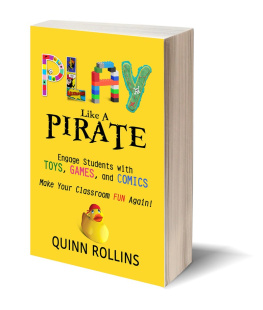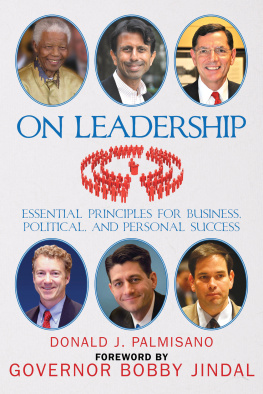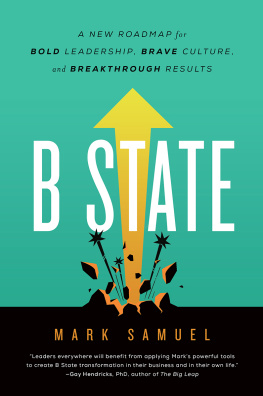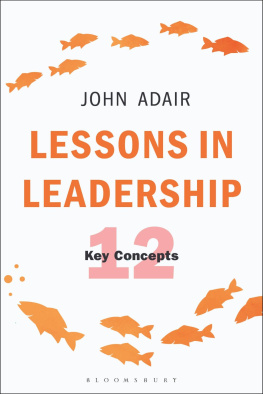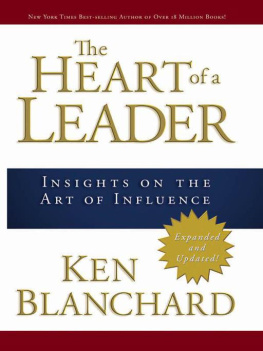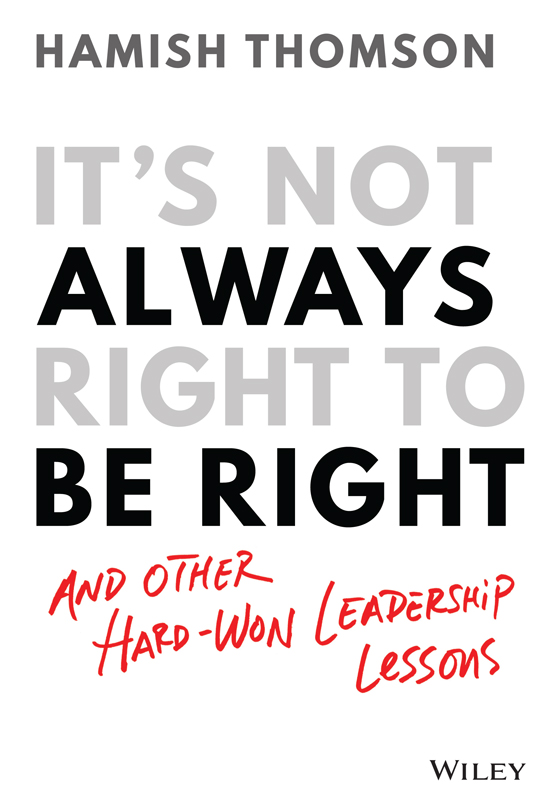
Table of Contents
List of Illustrations
- Chapter 1
- Chapter 2
- Chapter 3
- Chapter 5
- Chapter 6
- Chapter 7
- Chapter 8
- Chapter 9
- Chapter 11
- Chapter 12
- Chapter 13
- Chapter 14
- Chapter 15
- Chapter 16
- Chapter 17
- Chapter 18
Guide
Pages
ITS NOT ALWAYS RIGHT TO BE RIGHT
AND OTHER HARD-WON LEADERSHIP LESSONS
HAMISH THOMSON

First published in 2021 by John Wiley & Sons Australia, Ltd
42 McDougall St, Milton Qld 4064
Office also in Melbourne
John Wiley & Sons Australia, Ltd 2021
The moral rights of the author have been asserted
ISBN: 9780730389071

All rights reserved. Except as permitted under the Australian Copyright Act 1968 (for example, a fair dealing for the purposes of study, research, criticism or review), no part of this book may be reproduced, stored in a retrieval system, communicated or transmitted in any form or by any means without prior written permission. All inquiries should be made to the publisher at the address above.
Cover design by Paul McCarthy / Wiley
Chapter opener image credits: : PCN Photography / Alamy Stock Photo; close: Royal Geographical Society / Getty Images.
Disclaimer
The material in this publication is of the nature of general comment only, and does not represent professional advice. It is not intended to provide specific guidance for particular circumstances and it should not be relied on as the basis for any decision to take action or not take action on any matter which it covers. Readers should obtain professional advice where appropriate, before making any such decision. To the maximum extent permitted by law, the author and publisher disclaim all responsibility and liability to any person, arising directly or indirectly from any person taking or not taking action based on the information in this publication.
Purpose
Whats in it for You?
Over the years, I have regularly been asked to provide insights and supposed wisdom to others about the invaluable lessons that I have acquired throughout my career as a multinational CEO spanning continents, markets and industry segments.
In many ways, I cannot help but feel slightly embarrassed each time I'm asked for these stories. Whether this selfconsciousness comes from my own humility or the everpresent imposter syndrome that we all seem to suffer from, I remain unsure.
One thing I do know is that I always seem to get positive feedback when I share these stories. From new recruits, eager graduates and hungry apprentices to seasoned executives and senior leaders, from dedicated factory folk to driven agency partners, anyone who cares to listen seems to get something out of it.
I know it sounds like a clich, but if I knew then what I know now I would have been so much better: more capable, more confident, potentially more successful and, most importantly, infinitely happier. So that's why I've written this book.
Will you walk away a completely different person after reading these pages? I very much doubt it.
But let's face it: life is damn hard at the best of times, particularly in the cut and thrust of the corporate world. Whether you're just starting out or you're a battlehardened global leader, the demands of business are relentless.
So if you walk away from this book with one or two things that resonate strongly, go on to claim them as your own, and even stamp your leadership style on them, then hey, mission accomplished. If my insights help you to be just that much more selfassured and selfequipped for business success, then surely it's a good thing. Enjoy.
Best, Hamish

Introduction
Good, but not Great
Well, how does one start off a book when that particular someone has seldom passed of the thousand leadership books hes started reading over the years? With a degree of difficulty, Id say. Lets go.
Before we start, lets be clear on a few things.
Firstly, I reckon I am good, but not great. I have been successful in the corporate world, yet I believe success is relative. I have worked in many different roles, functions, companies and geographies, yet I am no NYSE Top 10 CEO. I have reasonable intelligence and have been told I am strategic, and I have successfully motivated teams across all levels of an organisation.
I also have an insatiable drive for results. Sometimes too much drive, but well talk about that later. Above all, though, I love new. New ideas, new concepts, new ways of working. Anything that is different and anything that forces me out of my comfort zone. This works for some people, and it drives others crazy.
I cannot stand books (or people, for that matter) that talk endlessly about what we should do. Why we need to do this and why we must do that. Ones that list the reasons why we need to change, the problems we face, the struggles we encounter and the dilemmas in front of us essentially, a hundredplus reasons as to why we need to change yet give no plan for action.
It drives me crazy. I am not against creating a compelling reason or vision for change, as that stuff is critically important as a catalyst for true change. Im just against endless talk and buggerall action.
How many times have you opened a management or leadership book that promises you the world, yet 100 pages into it you still havent got one clue as to what you should do next? Nothing tangible, no clear insight and no concrete action plans to make a true difference.
Add to this the number of times youve been in presentations or meetings where clever people state clever facts, analyse complex issues, share passionate pleas about the world of pain your organisation is in and the need to act with immediacy and utter conviction, only to fail to provide any way forward.
I do not need (nor will I accept) an extended business version of War and Peace just saying what we already know. I just want the relevant facts followed by a clear and logical recommendation on what we should do next. Then lets just get on with it. Simple.
Now, back to the reason for the book itself. Unquestionably, I am better at business and a better leader today than I was when I was 20. Infinitely. (Some might say this was not a hard thing to achieve.)
I also know (like anyone who has worked on their selfawareness) that I have made numerous mistakes along the way. But mistakes give insight, and insight gives learning. This invaluable learning has shaped the success of not only myself, but of those around me and the brands and organisations of which I have been a part.
On the evening after I resigned from my position as Regional President of Mars Incorporated, I sat at the kitchen bench with a bottle of New Zealand pinot and proceeded to write down the key experiences, insights and learnings that I felt had shaped me over the last 30 years of my working life. Not technical or functional competencies, but true personal insights as a leader of others and as a leader of myself. By the time I had finished the bottle (and, rest assured, I am not a slow drinker) I had listed 67.
Next page

